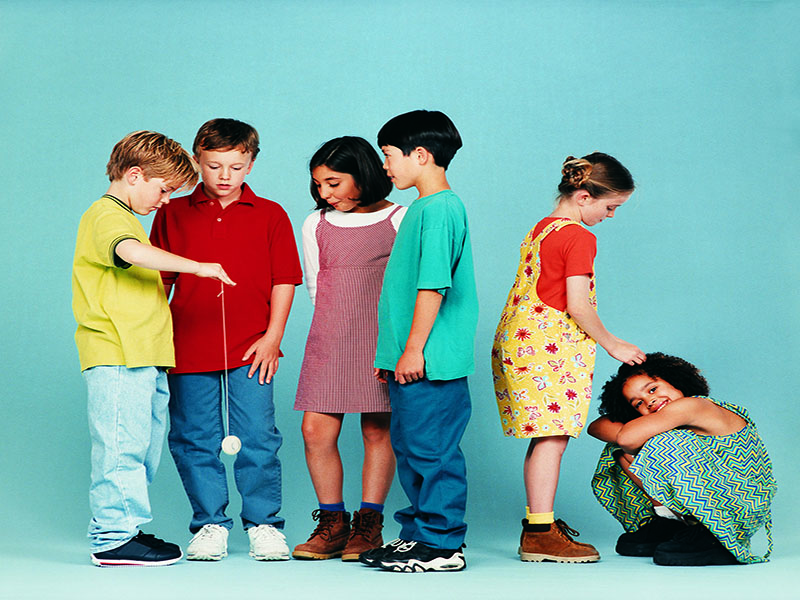By Len Canter
HealthDay Reporter

MONDAY, April 15, 2019 (HealthDay News) -- Whether you call it snowplow, bulldozer or helicopter parenting, these child-rearing styles have gotten a lot of attention recently, and the acknowledgment that they may not be the best way to raise a confident, well-adjusted young person.
Moving obstacles out of a child's way is not the same as providing the nurturing he or she needs.
Scientists know that one very important period for brain growth occurs during the preschool years. Researchers at Washington University School of Medicine in St. Louis analyzed a series of brain scans of children from this age through the early teen years. The aim: to learn how mom's early support affected development of the hippocampus, the area of the brain critical to learning, memory and regulating emotions, such as stress.
The investigators saw a sharper rise in the volume of the hippocampus in kids who had early nurturing, and found that these kids were healthier emotionally when they entered their teens. Hippocampus volume was smaller in teens whose mothers were less supportive during the preschool period, even if the moms were more nurturing in their elementary or middle school years.
So how can you best show support for your children? Start with a positive approach, and parent with your child's emotional well-being in mind. Offer words of encouragement and praise as they work on and then complete tasks.
Show affection as they go through their struggles and resist getting impatient as they work at a task -- nurturing also means letting children explore to find solutions on their own, whether it's learning to do a puzzle, getting dressed or tackling a more challenging activity. Remind yourself that when you provide the answers they need, you run the risk of limiting the range of their problem-solving skills.
More information
Learn more about important parenting research from the Greater Good Science Center at UC Berkeley.
Back

The news stories provided in Health News and our Health-E News Newsletter are a service of the nationally syndicated HealthDay® news and information company. Stories refer to national trends and breaking health news, and are not necessarily indicative of or always supported by our facility and providers. This information is provided for informational and educational purposes only, and is not intended to be a substitute for medical advice, diagnosis, or treatment.






